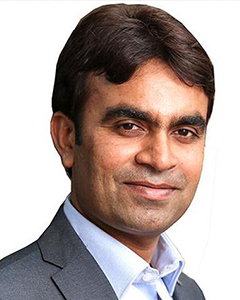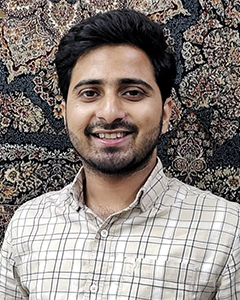
Mr Balaji Sunsindram
Research Assoicate (Data and Evidence Unit)









Lorem ipsum dolor sit amet, consectetur notted adipisicing elit sed do eiusmod tempor incididunt ut labore et simply free text dolore magna aliqua lonm andhn.




